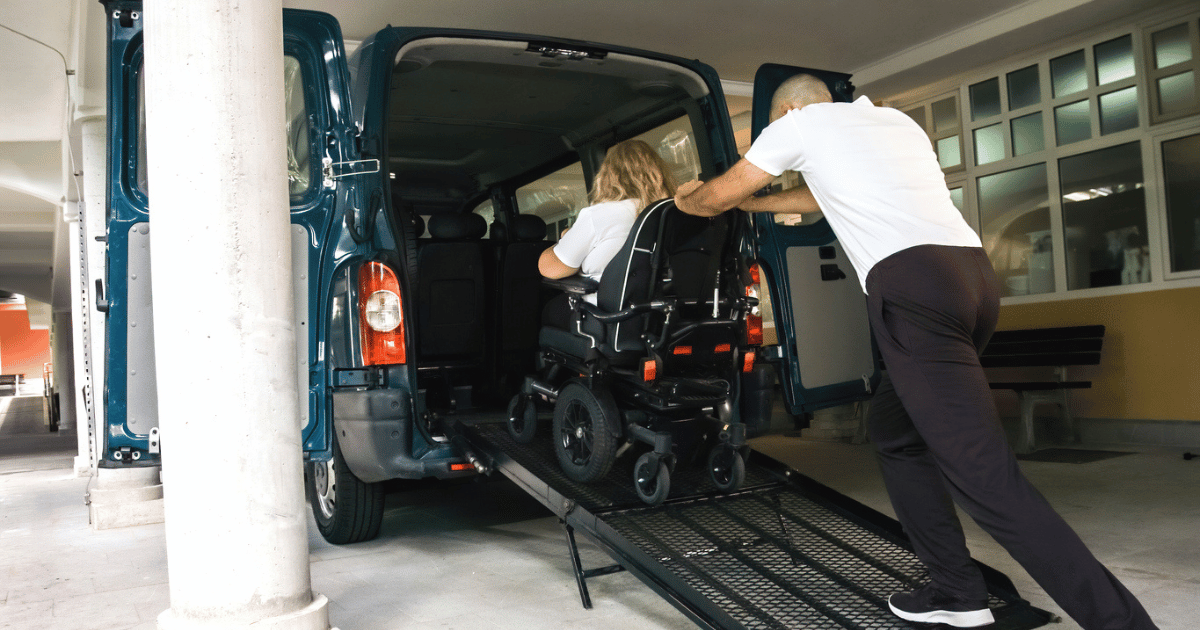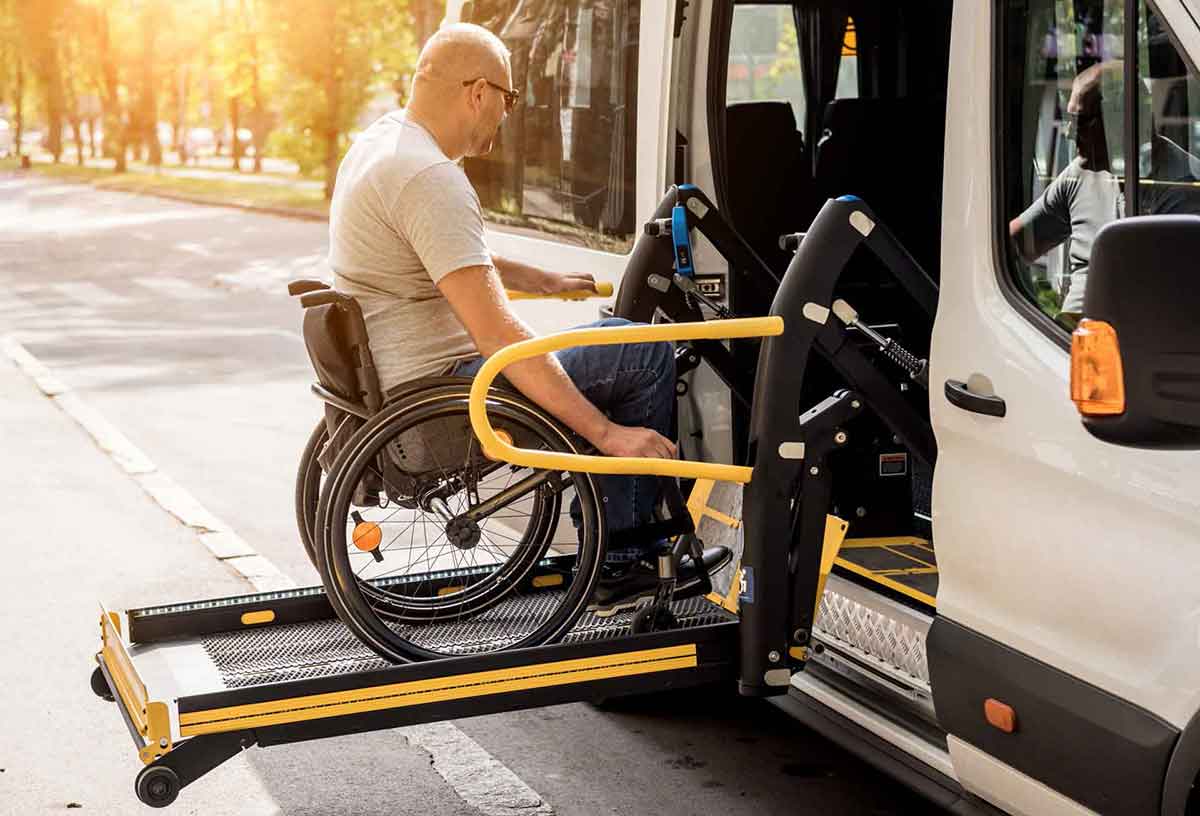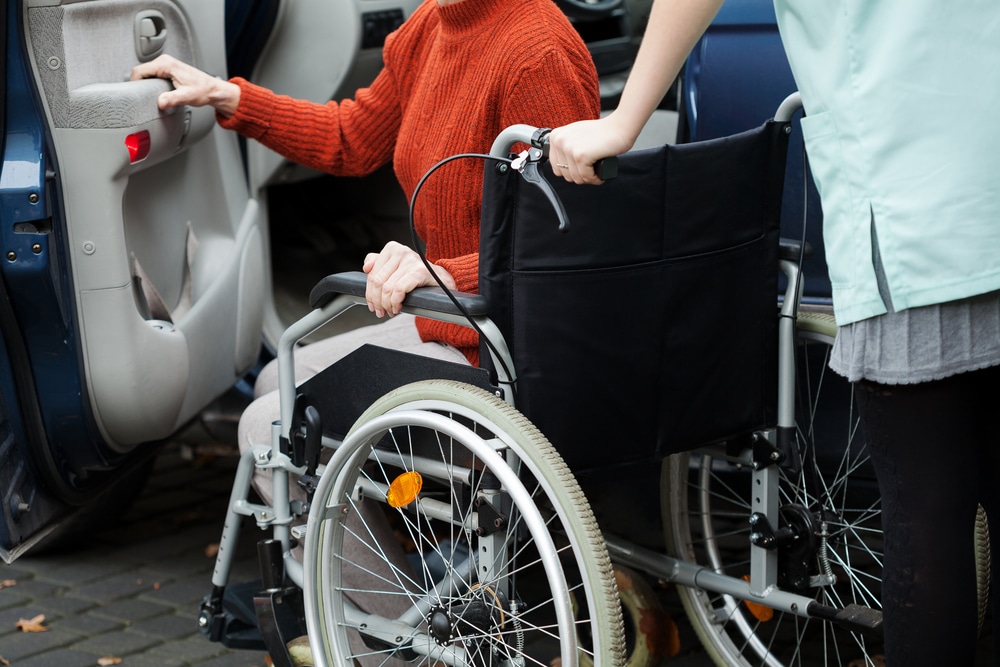Inexpensive and Accessible Medical Transport Options for each Circumstance
In the world of health care, the capacity to access medical solutions is paramount, yet the difficulty of inexpensive and accessible transportation can usually hinder individuals from getting needed treatment. By discovering specialized medical transport services, community transportation programs, ride-sharing and taxi services, non-emergency clinical transportation, as well as public transit and paratransit choices, people can find opportunities that cater to their certain demands and ensure they get the care they require.
Specialized Medical Transportation Provider
Specialized clinical transportation services play an important function in guaranteeing safe and reliable transport for individuals calling for specialized care during transit. These solutions satisfy clients with distinct clinical needs, such as those requiring continuous monitoring, customized devices, or medical treatments during transportation. By using specially complete cars and trained clinical personnel, specialized medical transportation services make certain that individuals receive the required treatment while being carried in between health care centers, residences, or various other areas.
One key element of customized medical transport solutions is the concentrate on client convenience and safety and security. Medical transport groups are educated to deal with different clinical problems and emergencies that may occur throughout transportation, providing a higher level of treatment than typical transport alternatives. Additionally, these services typically use door-to-door aid, reducing the stress and pain that individuals might experience throughout transfers.
Area Transport Programs
Having resolved the important function of specific clinical transportation services in ensuring secure and effective transport for individuals with one-of-a-kind medical needs, the emphasis currently moves to analyzing Neighborhood Transportation Programs - medical transportation. These programs play a crucial role in giving inexpensive and obtainable transportation remedies for the basic population, consisting of elders, individuals with handicaps, and low-income families who might encounter challenges in accessing standard transport options
Neighborhood Transport Programs encompass a variety of services such as fixed-route buses, paratransit services, volunteer vehicle driver programs, and ridesharing initiatives. These programs are frequently funded by local governments, charitable companies, or exclusive business to guarantee that people have reputable transportation choices to reach medical visits, grocery store shops, social activities, and other necessary destinations.
Ride-Sharing and Taxi Services

One of the essential benefits of ride-sharing and taxi services is their availability. These solutions operate 24/7, permitting people to take a trip try these out to clinical consultations, drug stores, or health centers at any time of the day. Additionally, ride-sharing and taxi solutions provide to people with mobility obstacles by supplying wheelchair-accessible lorries upon demand.
Additionally, ride-sharing and taxi services can be particularly useful for individuals living in locations with minimal public transport choices. By bridging the gap in between home and medical care facilities, these services play a crucial duty in making sure that everyone has access to essential clinical services.
Non-Emergency Medical Transportation

Non-Emergency Medical Transportation service providers normally use experienced employees that are experienced in aiding people with differing medical requirements. By using door-to-door solution, Non-Emergency Medical Transport enhances the overall ease of access of health care for individuals who might or else have a hard time to go to important clinical consultations.
Public Transportation and Paratransit Options
Public transit and paratransit options offer essential transport services for individuals with differing movement needs, making certain access to vital locations such as medical centers and visits. Public transportation systems, including buses, trains, and metros, supply an economical and widely offered setting of transportation for people seeking to get to clinical appointments. These solutions are particularly valuable for those who might not have accessibility to personal lorries or require help due to wheelchair obstacles.
Paratransit services cater particularly to people with disabilities who are unable to utilize traditional mass transit. These services use door-to-door transport, suiting individuals with wheelchairs, pedestrians, or various other mobility aids. Paratransit cars are furnished with functions such as mobility device ramps and securement systems to make certain the secure and comfy transport of guests with differing flexibility needs.

Conclusion
